Teacher’s Day Tribute: The Challenges and Impact of Special Educators in Our Schools
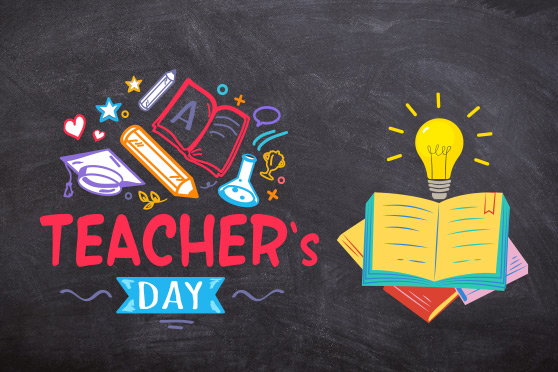

Chapter 1: The Prelude
On a sweltering September afternoon, I found myself in a meeting room with a window opening onto a view of lush greenery around us – a serene backdrop for a conversation that would soon grow heavy with emotion.
Across from me sat Piyali Gupta, a dedicated Special Educator trained at the Indian Institute of Cerebral Palsy (IICP) and Senior Coordinator at Akshar School, Kolkata. As she spoke, her mind drifted back to one of her most memorable students, a young boy named Daivya Mehra (name changed), who had a severe spinal disorder. His story unfolded like a delicate tapestry woven with both joy and sorrow.
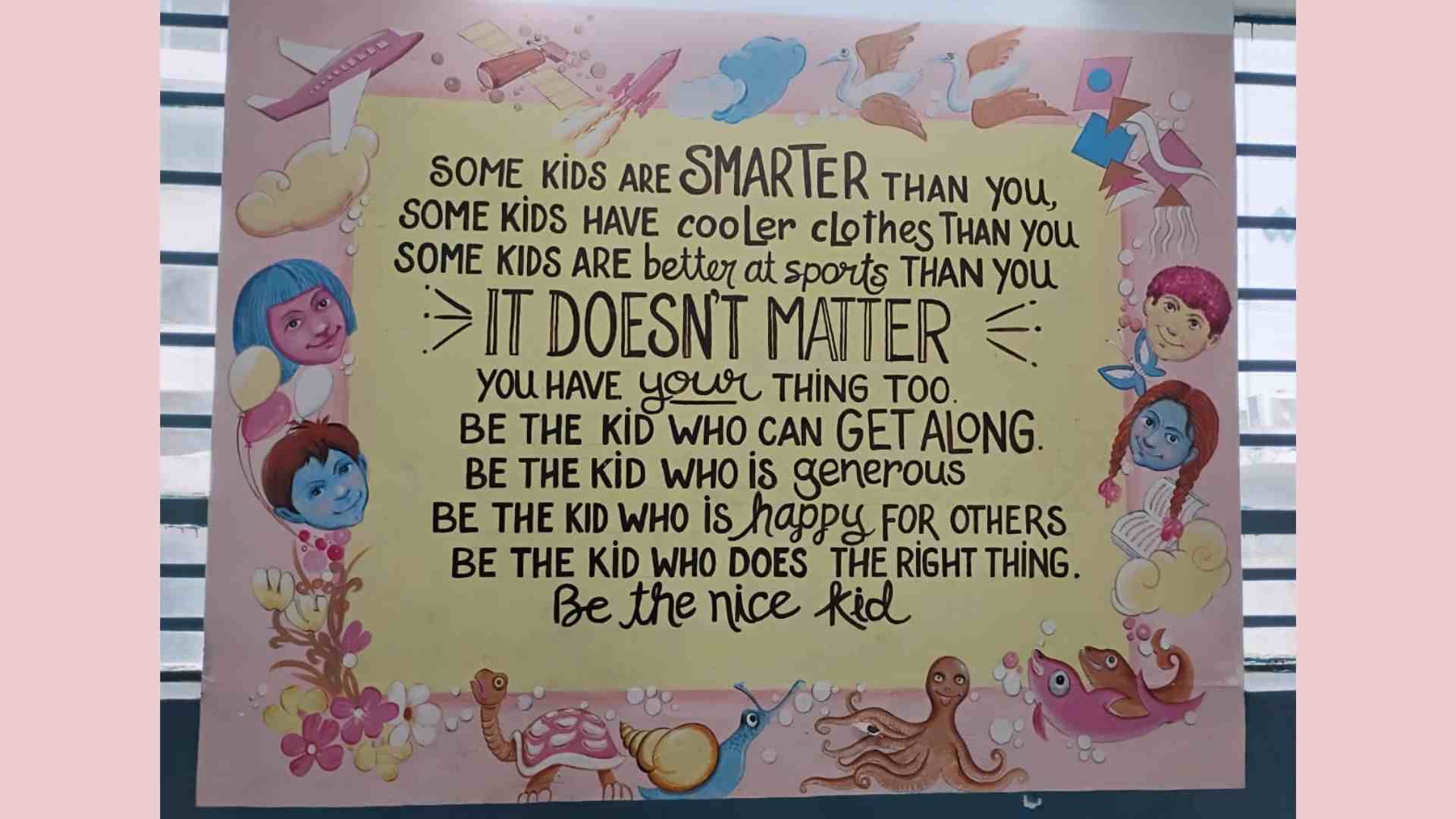
I was told that Daivya, a class 12 student afflicted with locomotor disability was perpetually wheelchair-bound. He was so small and fragile that his mother would carry him to school on her hip every day. His frail limbs often could not support him, and he would tip over, requiring his friends to gently prop him back up. But despite his physical limitations, Daivya radiated an infectious energy. Gupta’s eyes sparkled with emotion, and her voice trembled with tenderness as she recalled how he always seemed to have a “glint of mischief in his eyes”, a spirit that breathed life into everyone around him.
Daivya lived only until the age of twenty-one, but in those brief years, he lived magnificently. He was a young boy of immense intellect and fortitude, defying his physical fragility to pass the class 12 exams under the ISC board – an achievement that spoke volumes about his determination and spirit.
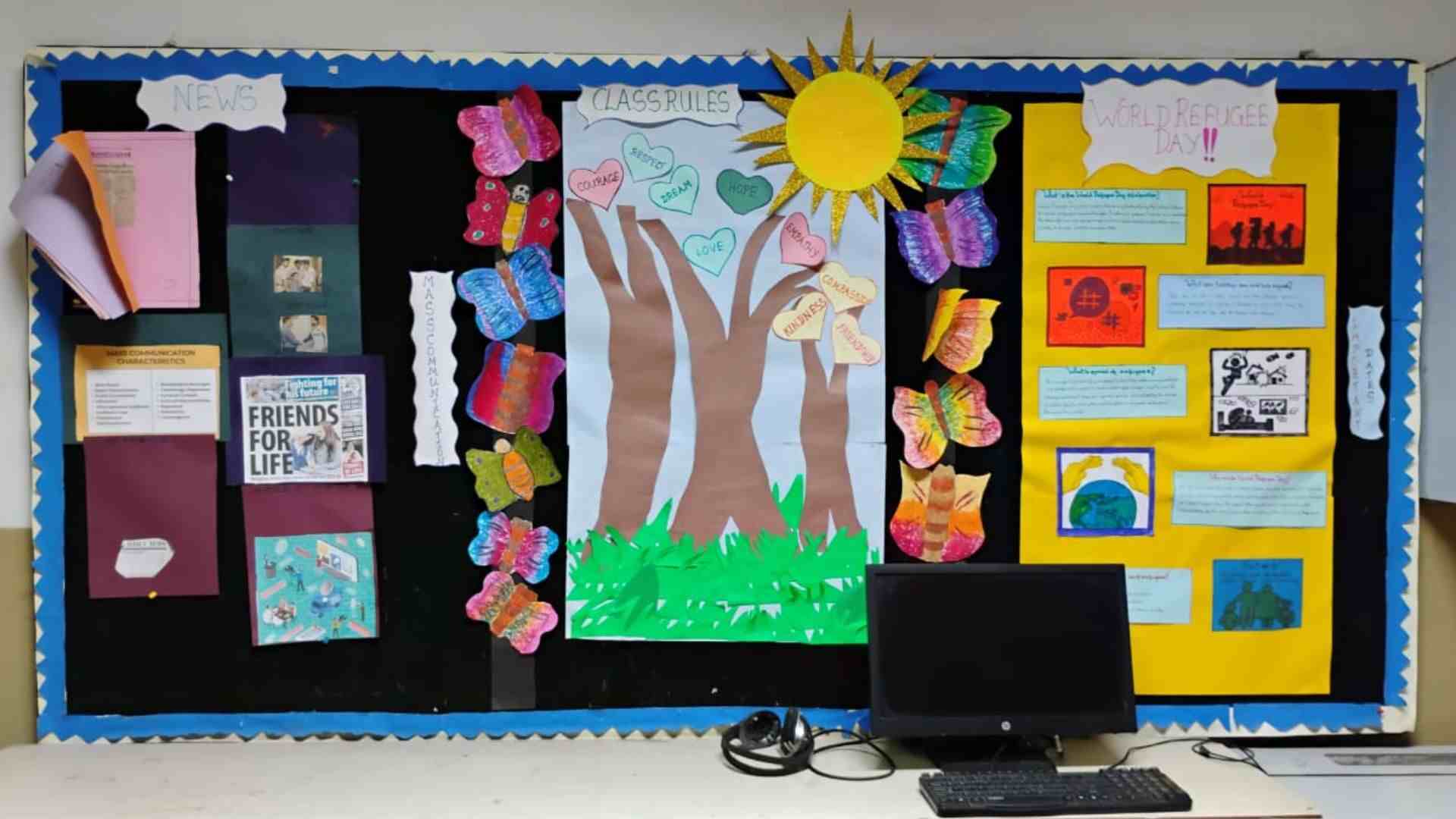
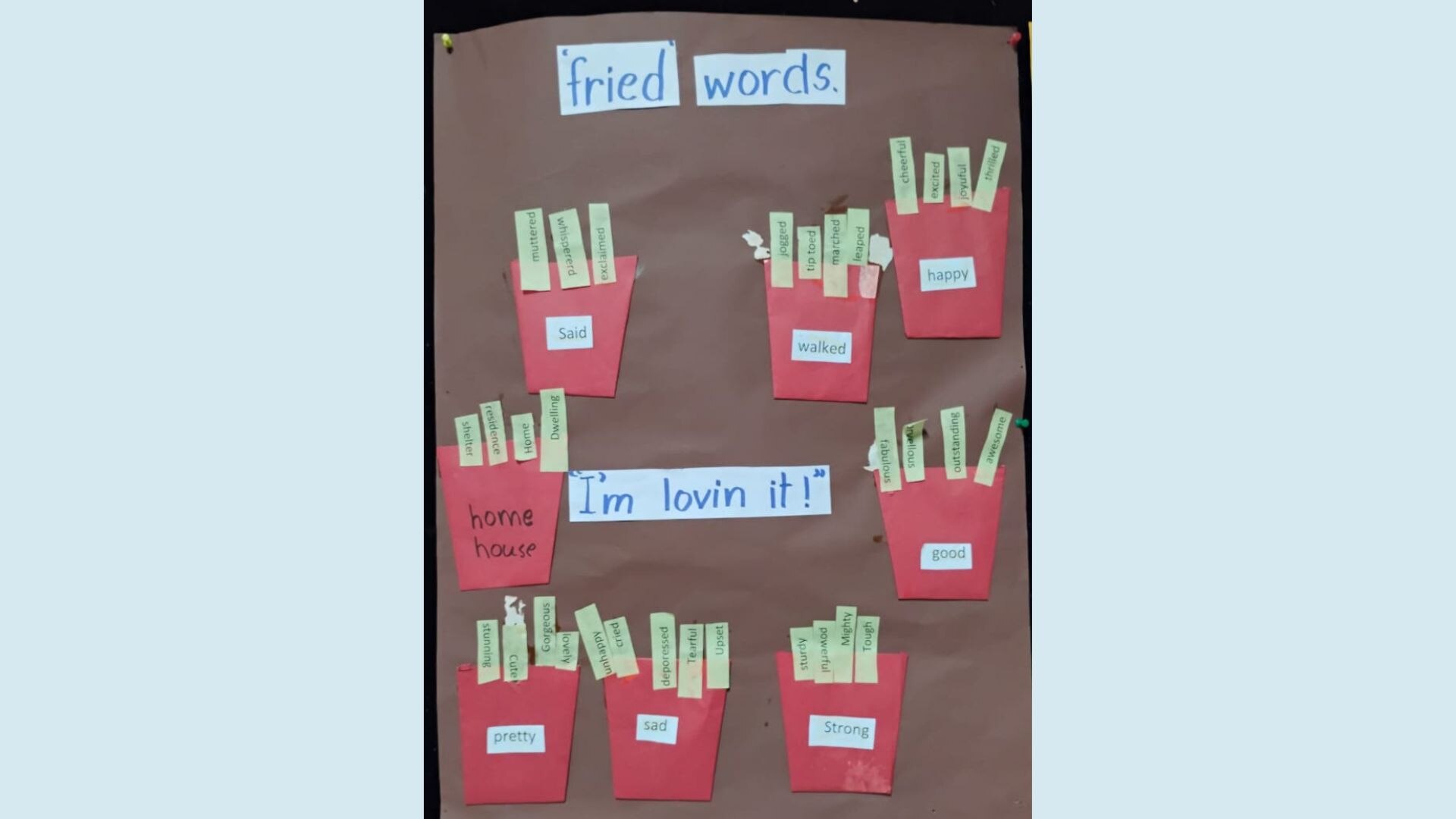
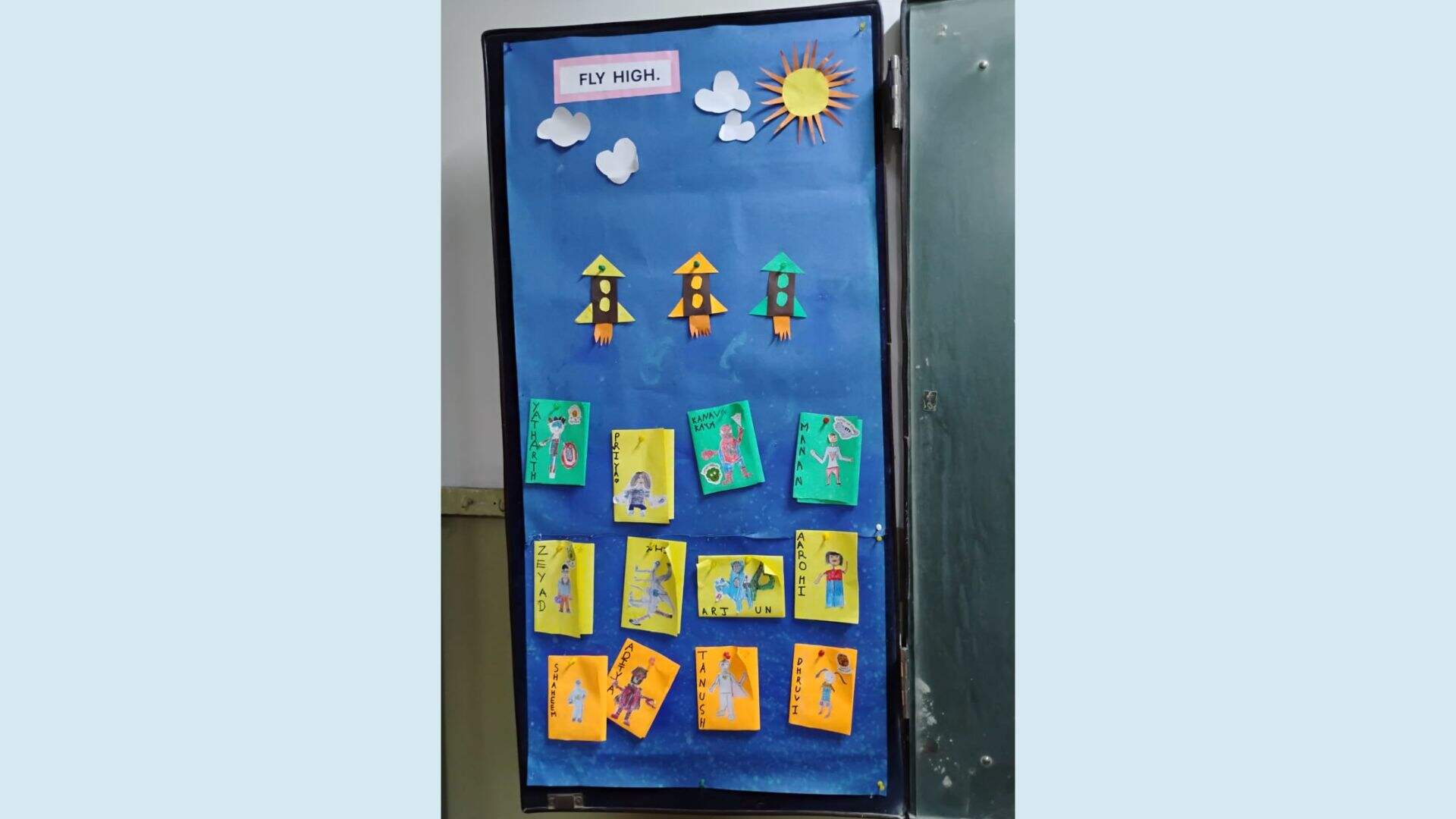
At Akshar School, Kolkata, an inclusive approach is at the heart of its philosophy. Here, differently-abled children are integrated with regular students, allowing them to experience and enjoy the same opportunities as their peers. Each differently-abled child has an Individual Educational Plan (IEP) tailoured to their unique cognitive and physical abilities.
While Gupta shared other uplifting stories, the literal window before me seemed to transform into a metaphorical one, opening up a profound view into the heart of a Special Educator. I glimpsed not only the extraordinary challenges they face but also the deep, unyielding love and commitment that defines their work.
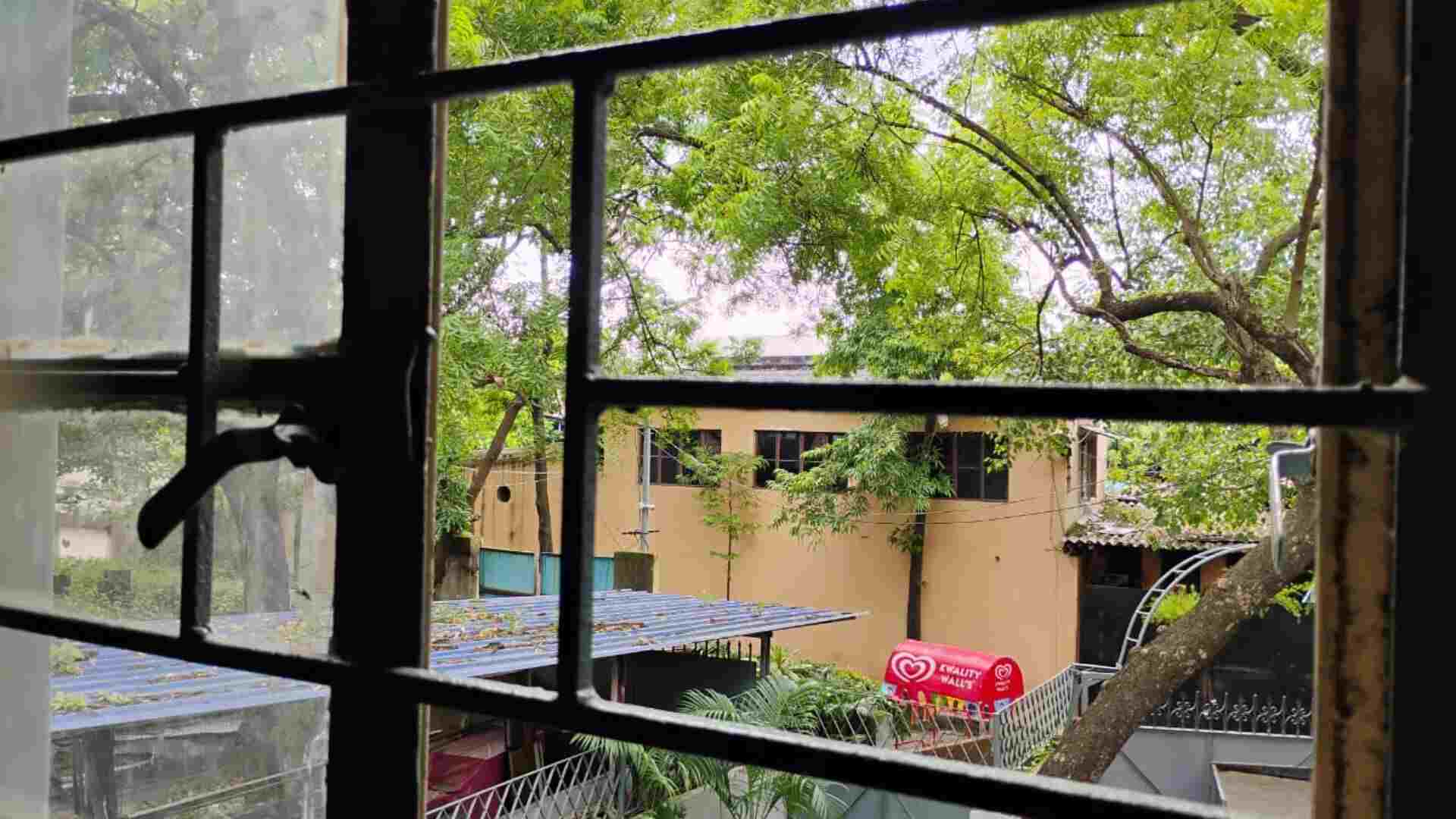
This Teacher’s Day, The Telegraph Online Edugraph pays tribute to these unsung heroes by delving into the world of Special Educators who dedicate their lives to nurturing differently-abled students – guiding them, loving them, and showing us all what it means to teach with both heart and soul!
Chapter 2: Who is a Special Educator?
A Special Educator is more than just a teacher – they are champions of resilience, patience, and adaptability, guiding children with diverse cognitive, learning, physical, or emotional challenges. These educators work tirelessly to foster growth in students who require more than the conventional methods of teaching. For them, each day brings a new challenge, a new discovery, and a renewed commitment to understanding the unique needs of each child.
In the realm of Special Education, no two students are ever alike. This truth is magnified when it comes to children grappling with physical impairments like Down Syndrome or Cerebral Palsy, or learning disabilities such as Attention Deficit Hyperactivity Disorder (ADHD), Dyslexia, Dysgraphia, Dyscalculia, and Autism Spectrum Disorder (ASD). Each child's journey is unique, and so is the approach required to help them thrive.
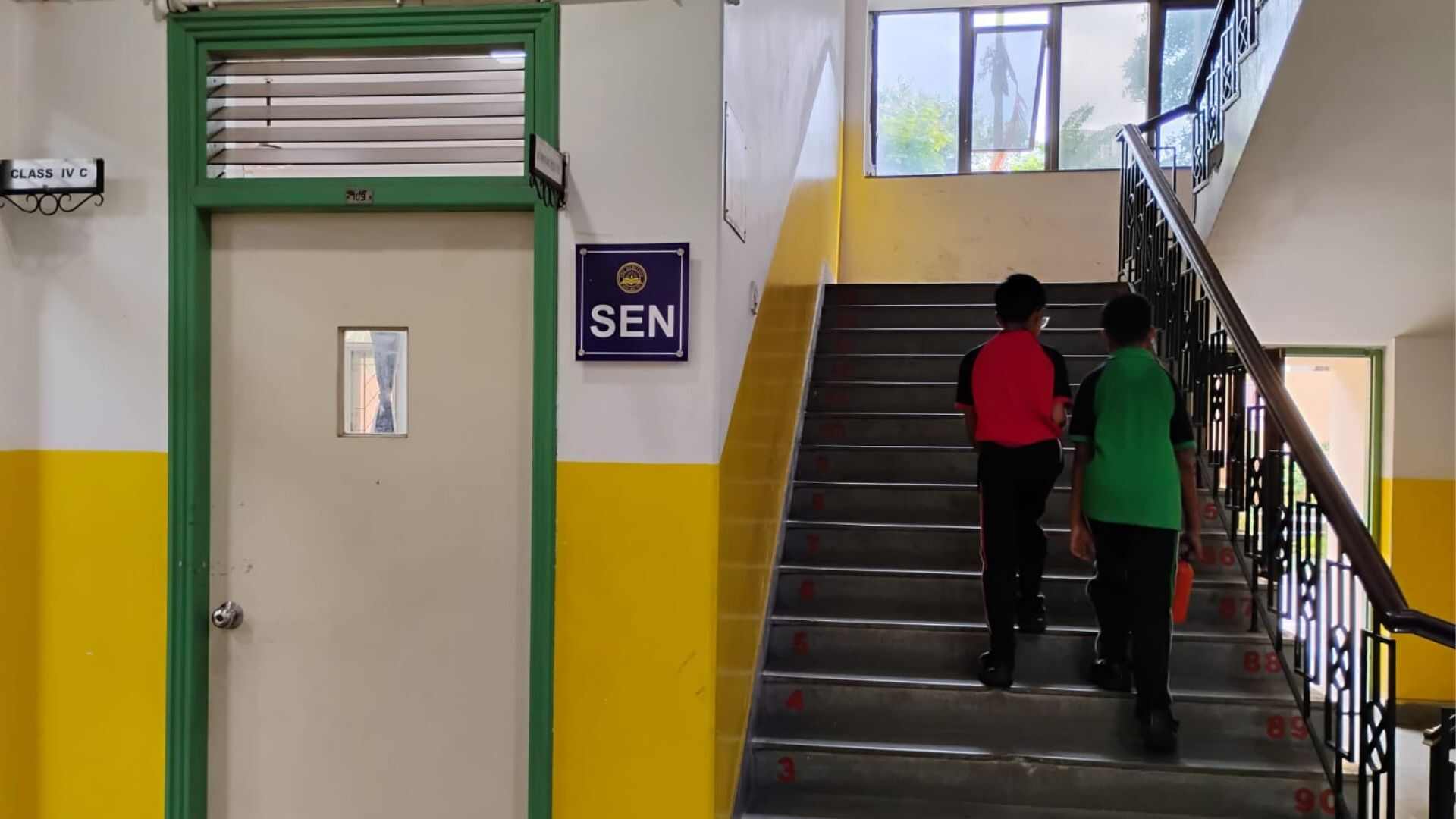
As Seema Sapru, Principal of The Heritage School, Kolkata, explained, “In any case, being a teacher is a tough job, and being a Special Educator is tougher". She highlighted the inherent challenges: “When our teachers deal with children whose disabilities are, broadly speaking, visible to the naked eye – unlike all of us who have learnt to camouflage our disabilities – a Special Educator needs to have so much patience to be able to repeat all the time, to make them work, to first identify their special needs, and secondly, recognise their unique talents. Some children have an extraordinary ability to hear or remember things clearly; others may speak or write well but struggle with hand-eye coordination. We are focused on children who have an academic goal. They may find socialising difficult, but academically, they can achieve milestones, such as passing class 12 through the National Institute of Open Schooling (NIOS), Council for the Indian School Certificate Examinations (CISCE), Cambridge IGCSE, or International Baccalaureate Diploma Programme (IBDP) boards.”
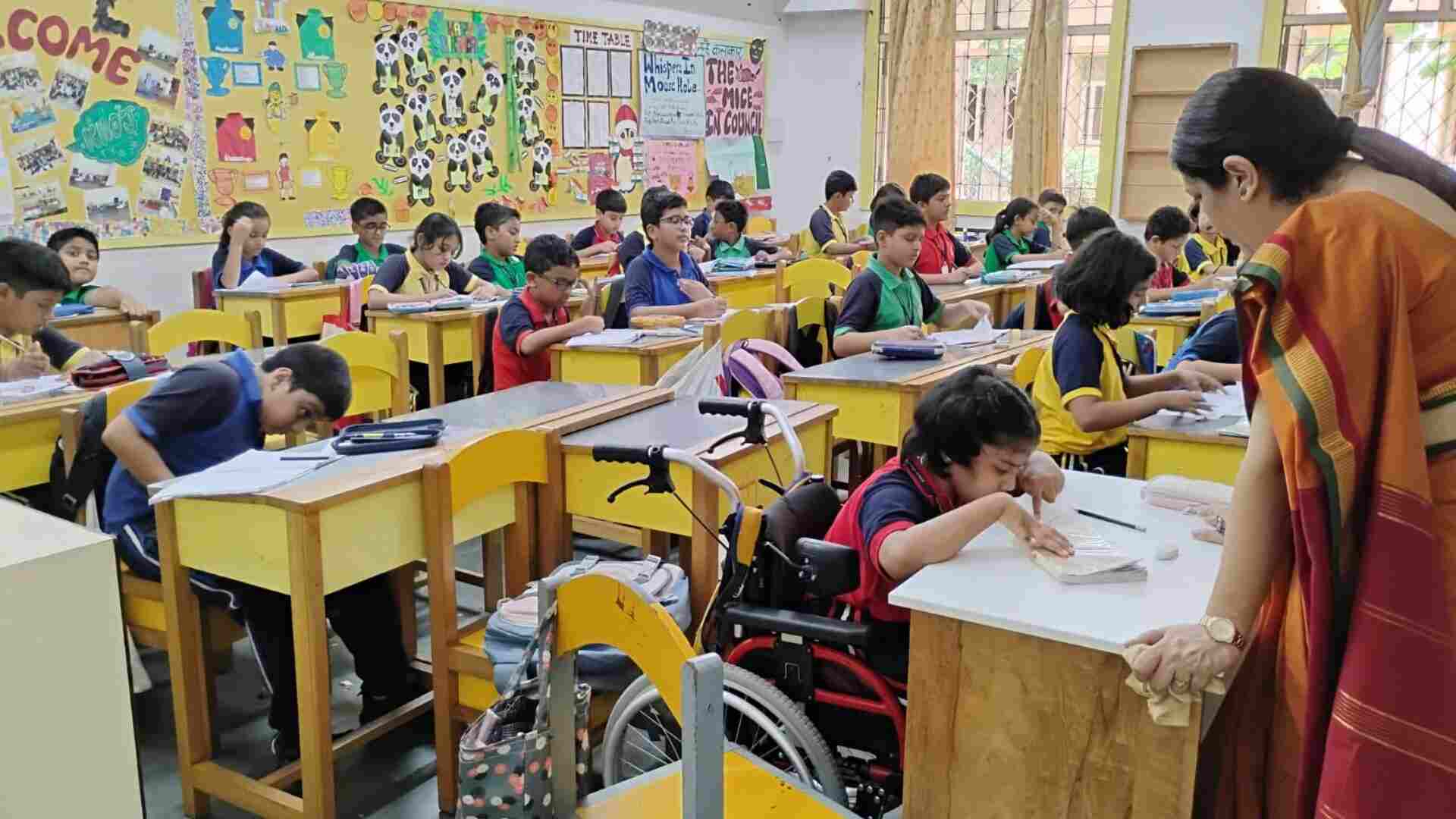
At The Heritage School, Kolkata, inclusivity is not just a philosophy; it is a practice woven into the fabric of the school. Here, children with special needs (CwSN) are supported through the NIOS curriculum, customised to help them overcome their learning challenges.
With a tone both practical and profound, Sapru added, “I am not talking about big ideas. I’m just saying that our job as Special Educators is to ensure that these children feel confident, that they continue with their studies — that they fall in love with learning. They should be able to live normal lives, become financially independent, just like everyone else.”
Chapter 3: Recognising Our Special Educators’ Contributions
In an inclusive educational environment, the role of a Special Educator extends beyond specialised instruction. It involves creating a culture of empathy, understanding, and efficiency within the entire school community.
Paromita Guha Ray, Principal of Apeejay School, Park Street, provided insight into how this is achieved: “Since we have inclusive classrooms where children with special needs learn alongside regular children, it is crucial that Special Educators guide our teachers on how to manage these children’s unique needs, especially during moments of meltdowns. Being part of an inclusive set-up, all our regular teachers are sensitised to understand and respond to the needs of children with special needs.”
The dedication of Special Educators often goes beyond the boundaries of regular school hours. "Special Educators frequently go the extra mile,” Guha Ray shared, “they take additional classes beyond work hours to provide individualised attention to children with special needs."
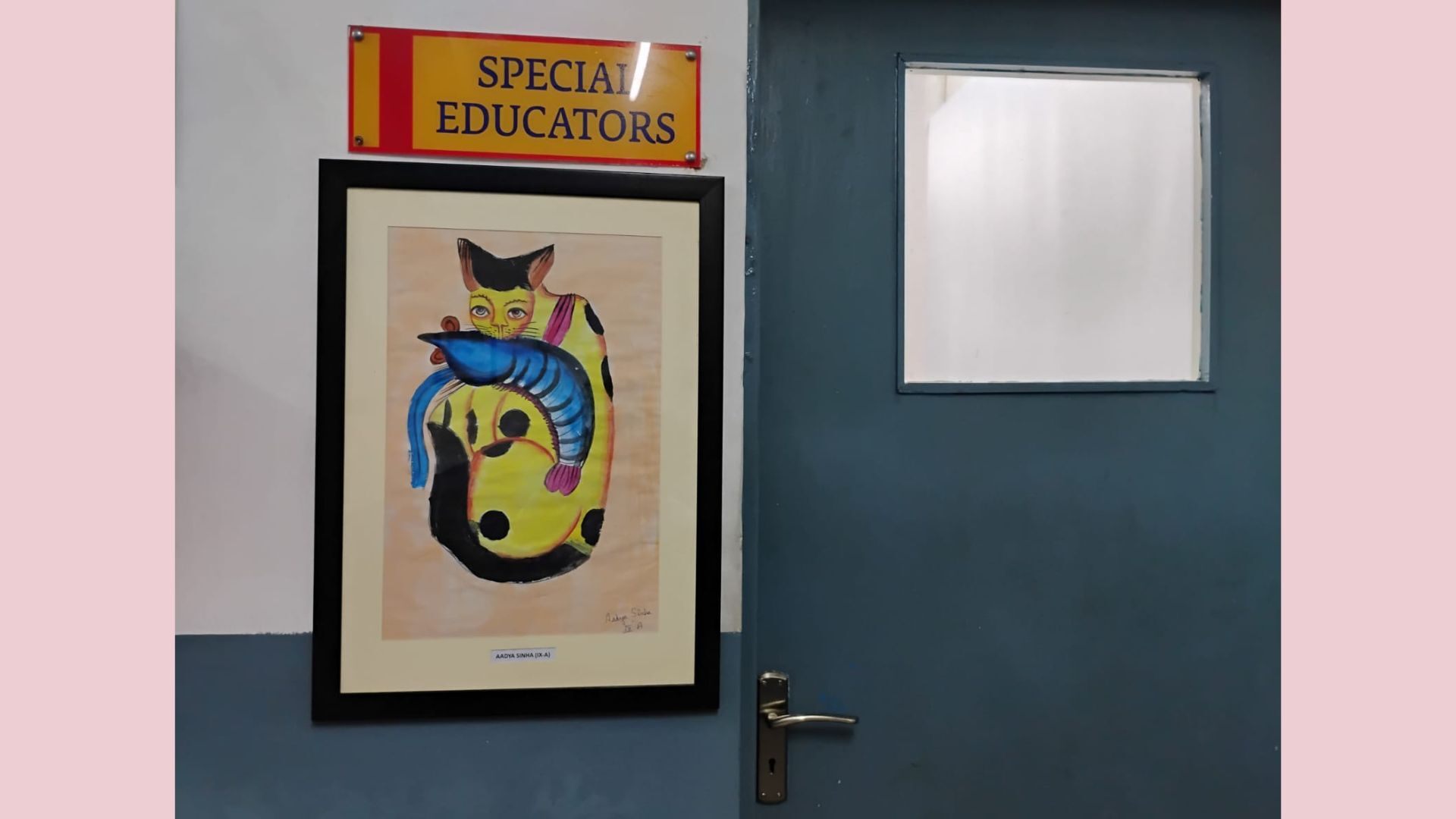
The results of this commitment are often extraordinary. “Sometimes, we see children who are said to be within the spectrum, outperforming those who are considered beyond it,” Guha Ray reflected. “Our approach, supported by the efforts of teachers, Special Educators, and even peers, is to nurture children within the spectrum in such a way that, over time, they can be fully integrated into mainstream classrooms. We have witnessed several such success stories.”
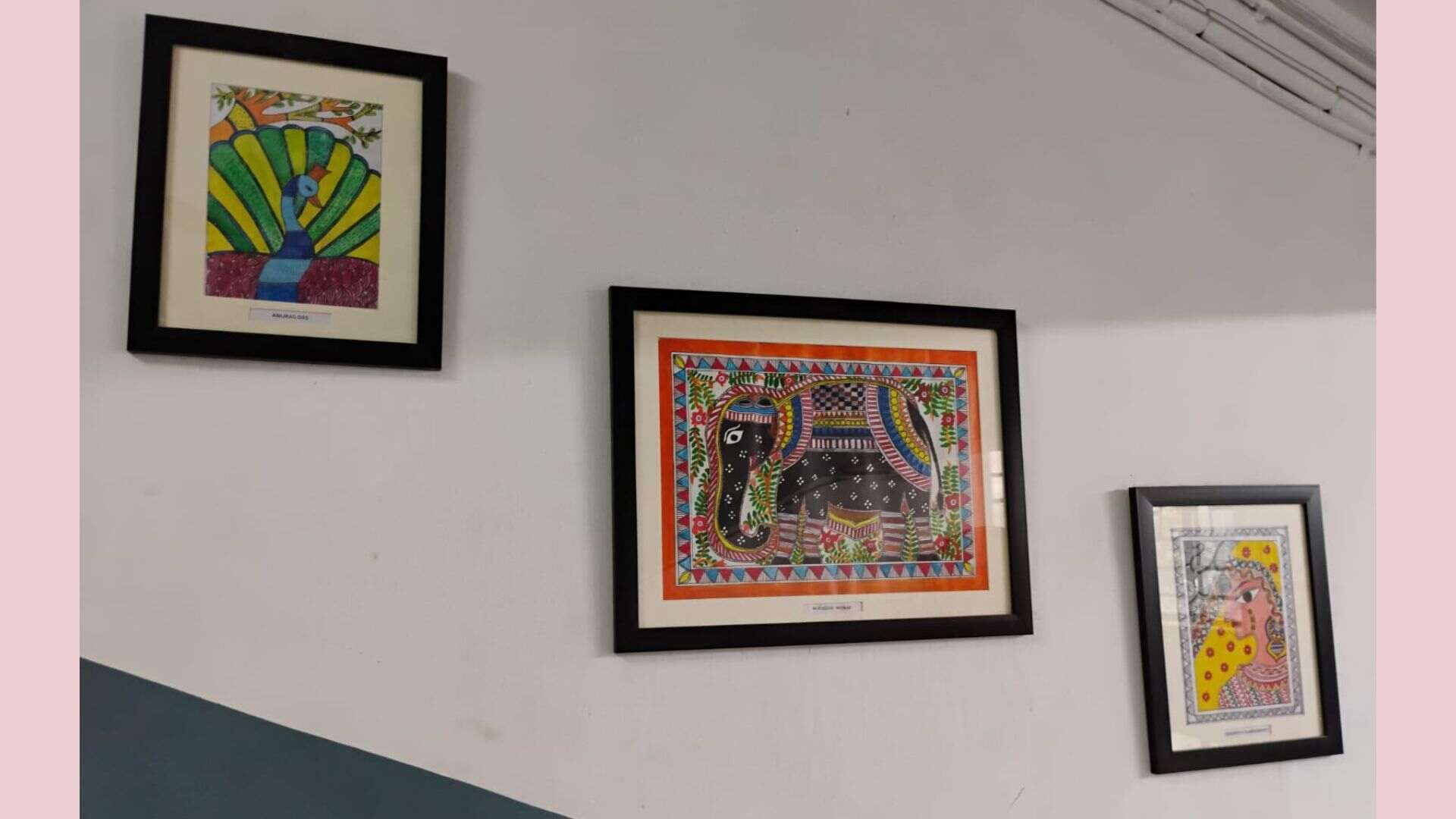
These success stories are a testament to the power of inclusive education and the relentless efforts of Special Educators who, day in and day out, strive to build a bridge between understanding and acceptance, ensuring that every child, regardless of their abilities, finds their place in the world of learning.

Chapter 4: Real Life Challenges in the Classroom
Sheela Menon Mukherjee, Head of the Special Educational Needs (SEN) department at The Heritage School, Kolkata discussed the challenges from a broader perspective.
“The challenges we face are primarily divided into two types: behavioural and scholastic. Behavioural challenges come with different kinds of disabilities. Each child has their own psychology. When a child with near-to-normal intelligence realises they are not able to do what is expected of them, which their peers are able to do so well, it leads to distress. For example, a child may have learned the spelling of ‘n-a-m-e’ (name) the night before, but when it comes to writing, they might write ‘m-e-a-n’ (mean). Although the letters are the same, this is a case of auditory-processing or visual-processing difficulty. The child knows the correct spelling is ‘n-a-m-e,’ but when trying to write it through motoric output, they cannot. This realisation causes distress, which sometimes manifests as disruptive behaviour in the classroom. They may try to make excuses to escape the situation or become restless because, despite their efforts, they get a red cross every time. Eventually, this leads to a behavioural problem.”
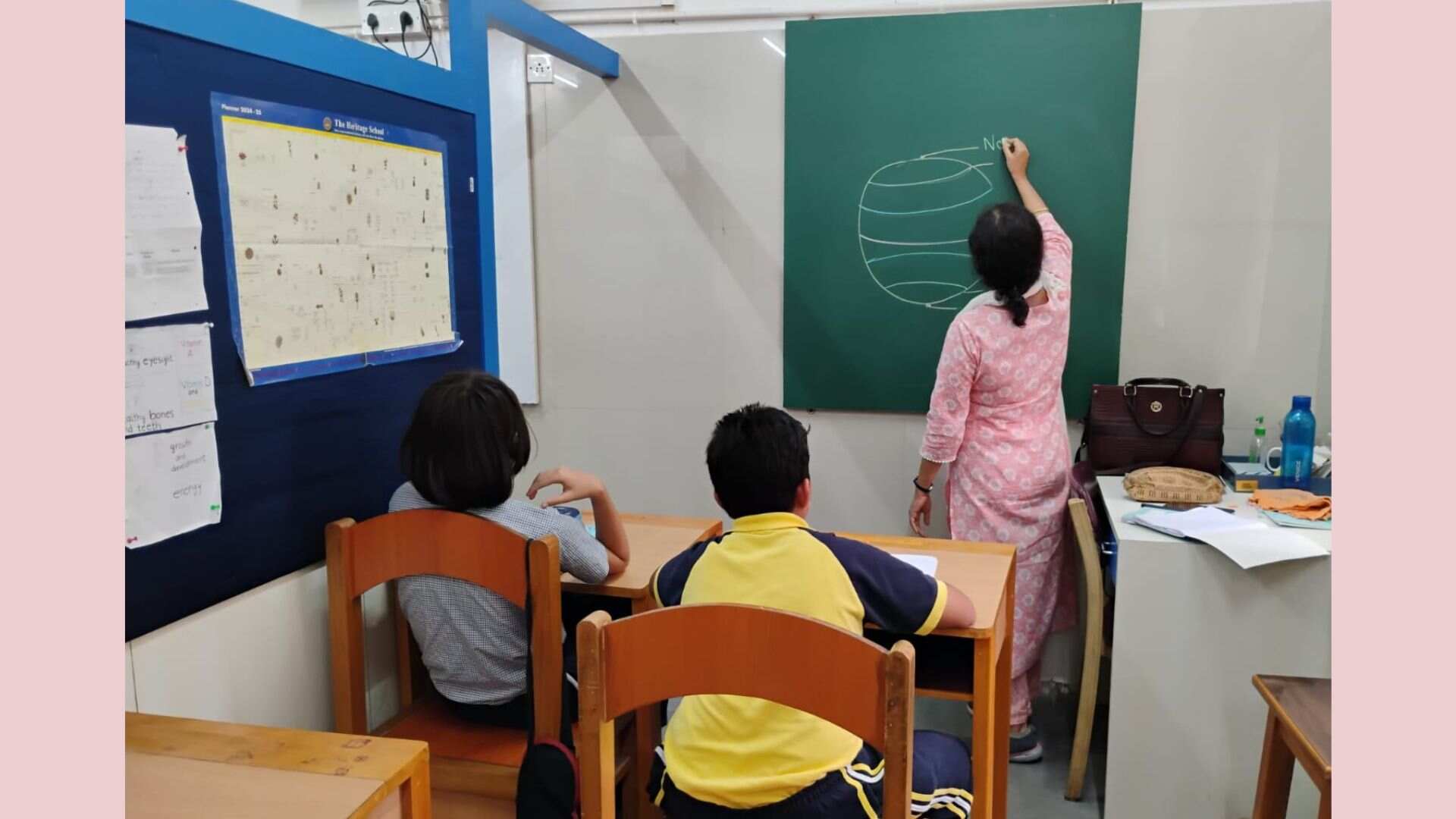
Addressing scholastic challenges, she added, “A special needs child may write ‘17’ when asked to write ‘71’ and think it is correct. A Special Educator then holds the child’s hand and guides them to write correctly – a process called ‘modeling'. We devise plans for our children every day, such as colour-coding ‘tens’ and ‘ones’ houses. We had a student who couldn’t distinguish between her left and right shoes and would wear them incorrectly every day. So, we introduced her to the concept of identifying patterns. SEN is not just about academics or marks; our aim is to prepare a differently-abled child for life.”
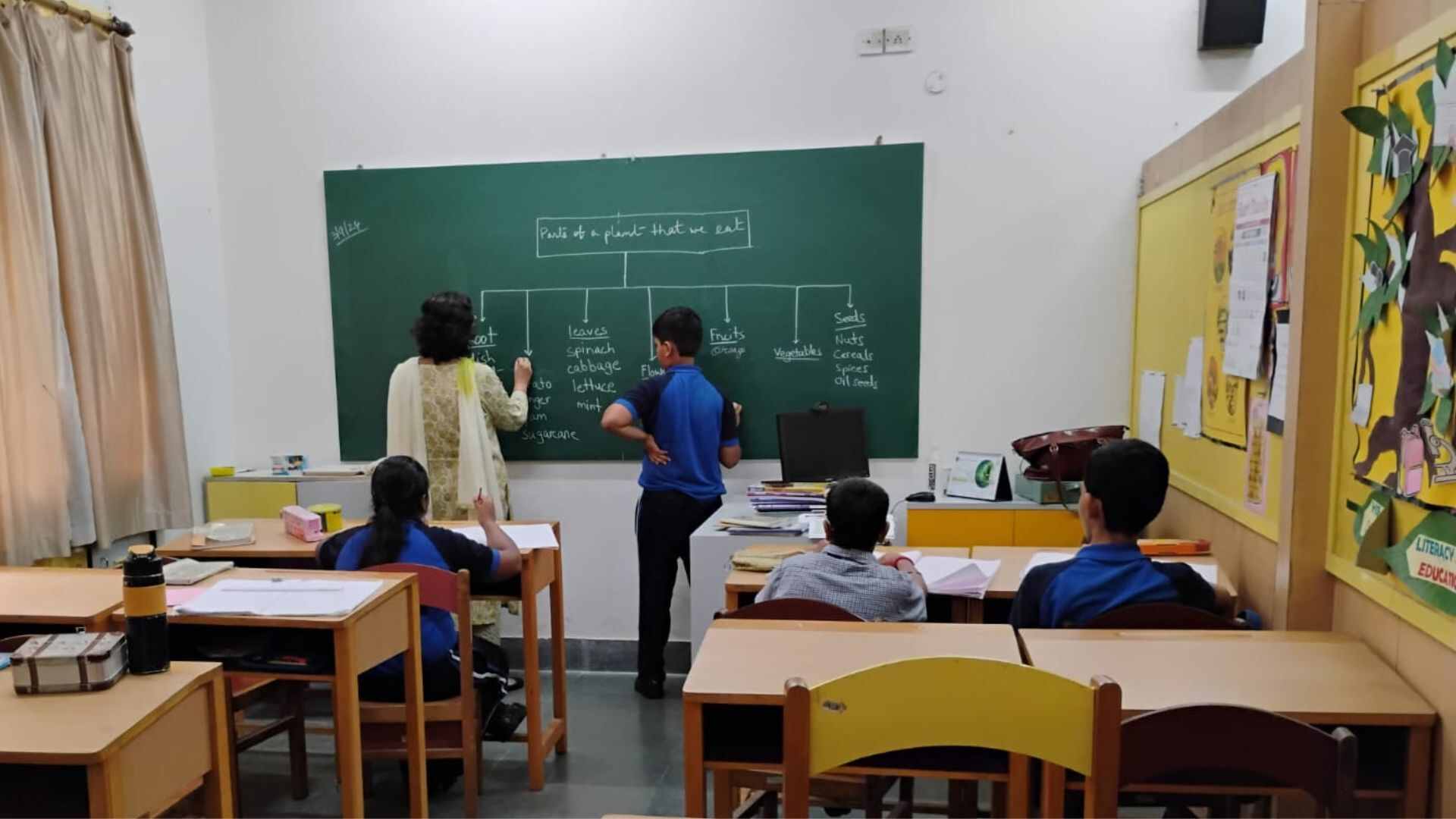
Kathakoli Maiti, a Special Educator at Apeejay School, Park Street illuminated me: "For instance, if a child has to attend eight periods, they sometimes become restless by the fifth or sixth period. In such situations, they may display problematic behaviours. When this happens, if we see that the child can be calmed down in the classroom with the help of teachers or ‘shadows’ (professionals appointed by the parents of a child with special needs or, in some cases, one of the parents of the child who accompanies them to school every day, assisting them in understanding the teacher’s instructions through keyword prompts like ‘ma’am,’ ‘take out copy,’ etc), we do that. Otherwise, we take the child to another space with a sensory set-up to help them settle down. Once the child is calm, they return to the classroom. When a child struggles to grasp a concept, we, the Special Educators, try to devise alternative teaching methods to explain the concept in a simpler way.”
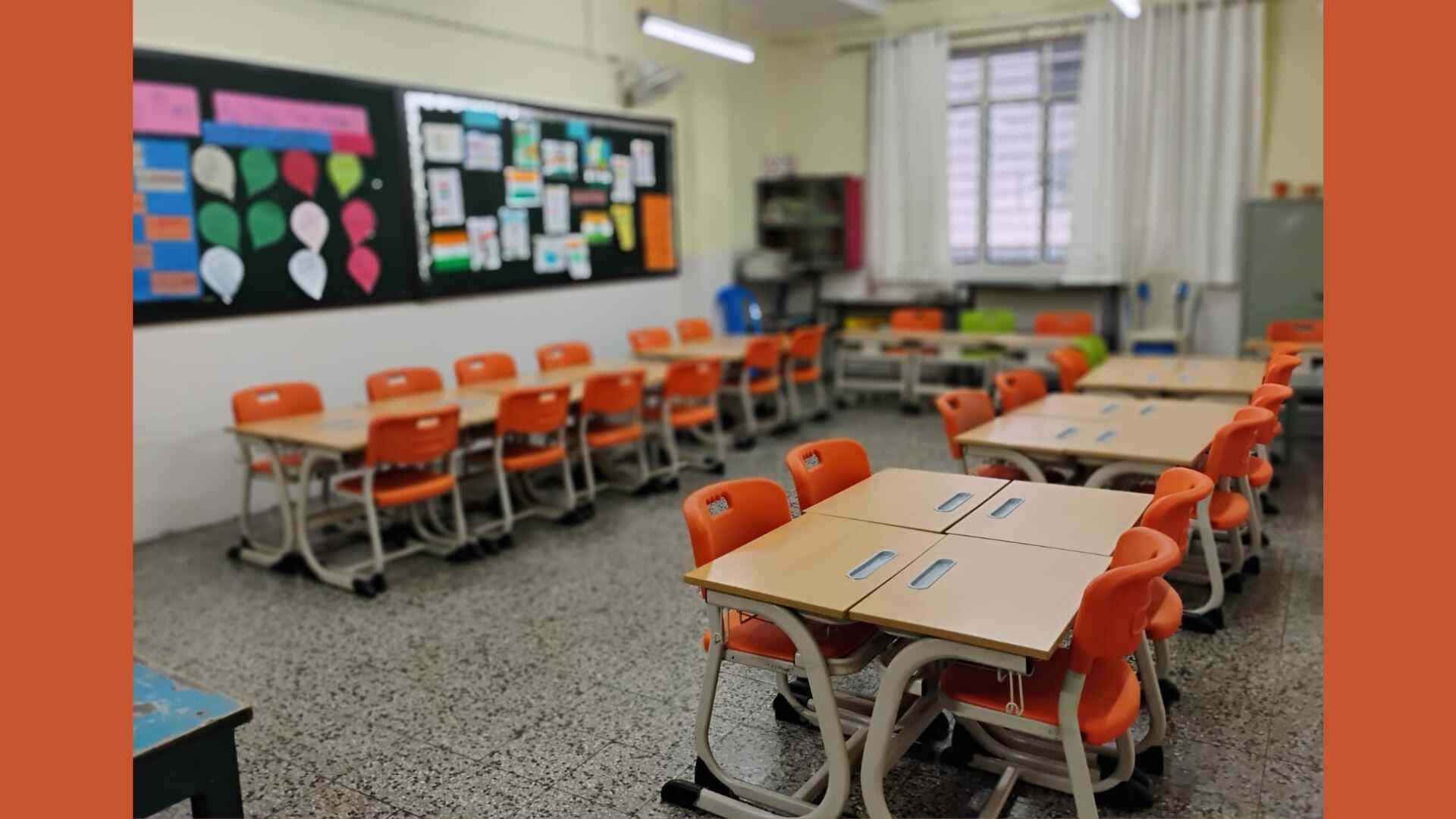
Piyali Gupta, drawing on her 20 plus years of experience, highlighted the complexities that arise as differently-abled children enter adolescence: “I have observed that as these children become more 'aware' of their limitations in their adolescent years – like not being able to run around or play with friends – it results in a lot of disappointment and frustration. That’s when the school counsellor steps in to provide counselling sessions. Apart from that, the class teacher's role becomes integral.”
Chapter 5: Tailouring Curricula to Meet Special Needs
Sheela Menon Mukherjee explained, "English and Math are core subjects. We align the SEN curriculum with the mainstream syllabus but only select topics like nouns or addition-subtraction which can be easily comprehended.”
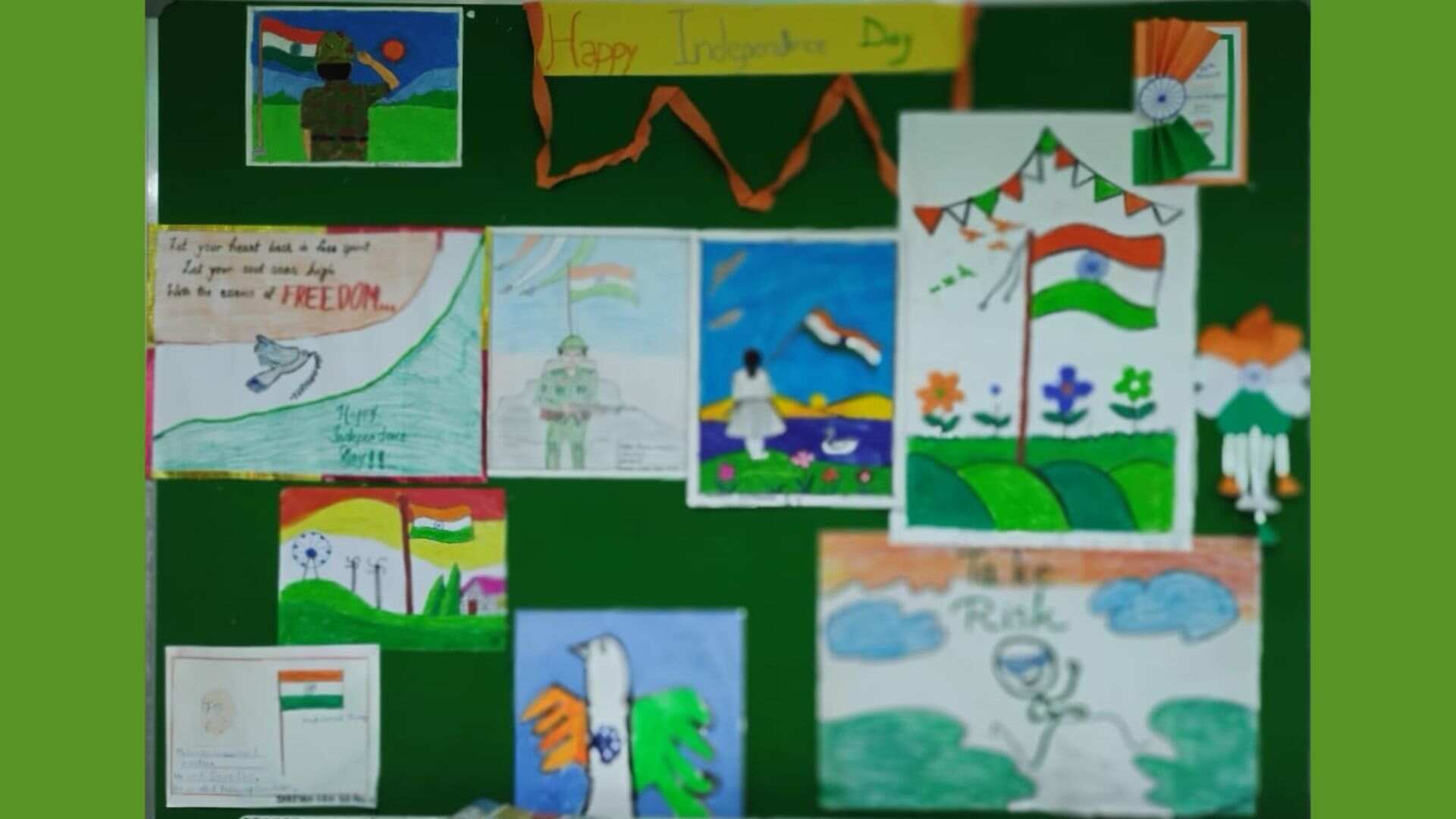
Paromita Guha Ray added more detail about the customisation of education plans.
“We follow the concept of an Individual Education Plan (IEP). For each child, the Special Educators draw up a tailoured plan that is shared with the mainstream educators as well. At the time of promotion, the current class teachers sit with the subsequent class teachers to share all relevant information – it’s like passing on a baton.”
Chapter 6: Life Skills and Mainstream Integration
Piyali Gupta shared, “We have Resource Rooms where children who cannot cope with mainstream teaching in subjects like Science and Math are taught General Science and General Math. However, children who are ‘cognitively able’ sit with their peers in mainstream classes.”
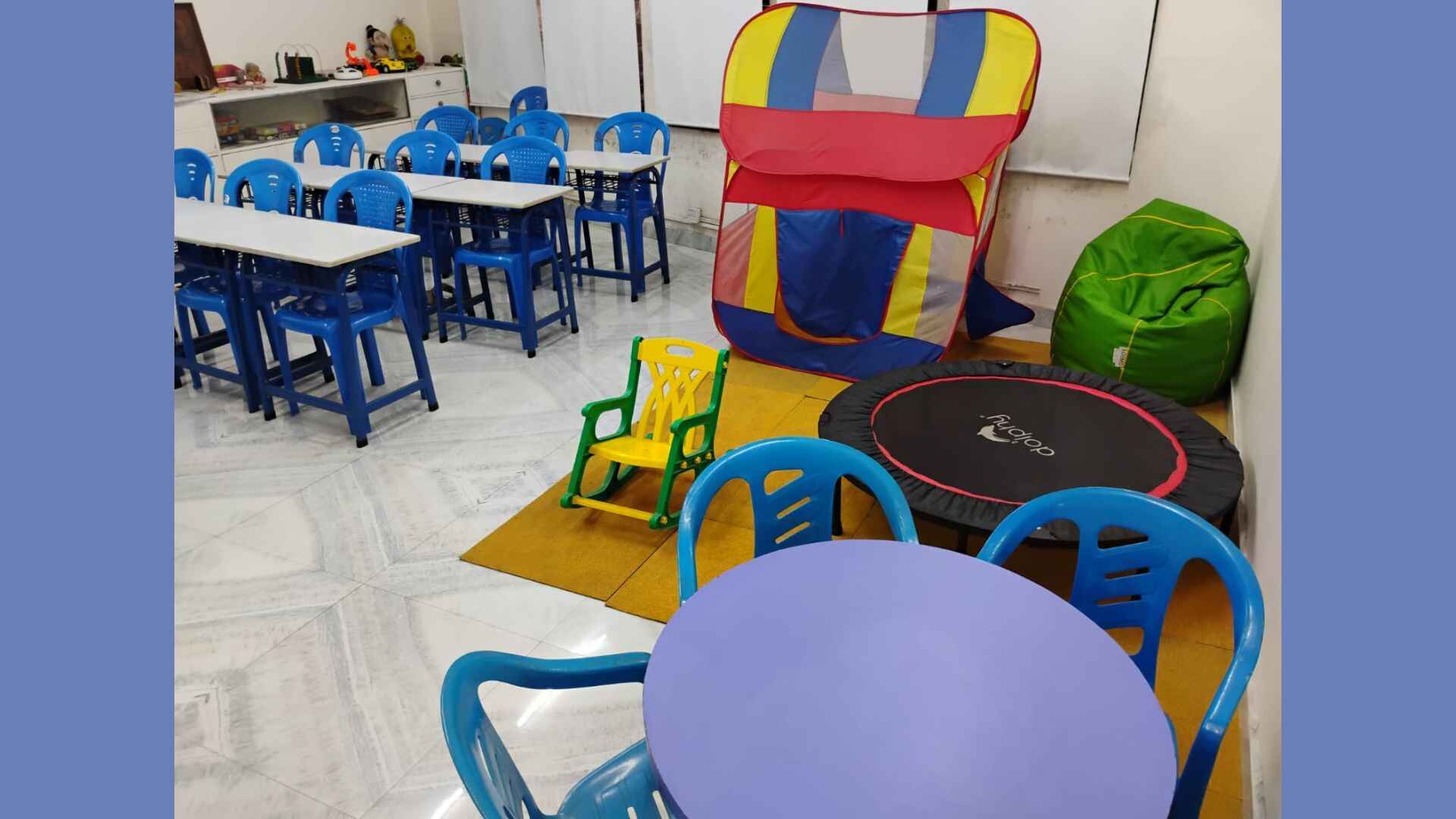
She further elaborated, “For those who cannot study the conventional ICSE/ ISC/ NIOS/ OBE board curriculum at all and have definite learning disabilities, we have a Life Skills Unit. Here, children are taught functional Math; such as how to handle money, go shopping in the market with a teacher, cook, fold sheets, do screen-printing, make bags, and learn various life skills. This training typically begins around classes 5 or 6. Mainstream children also benefit from this set-up through a buddy system, where they help their peers. This system fosters sensitivity and compassion among the mainstream students.”
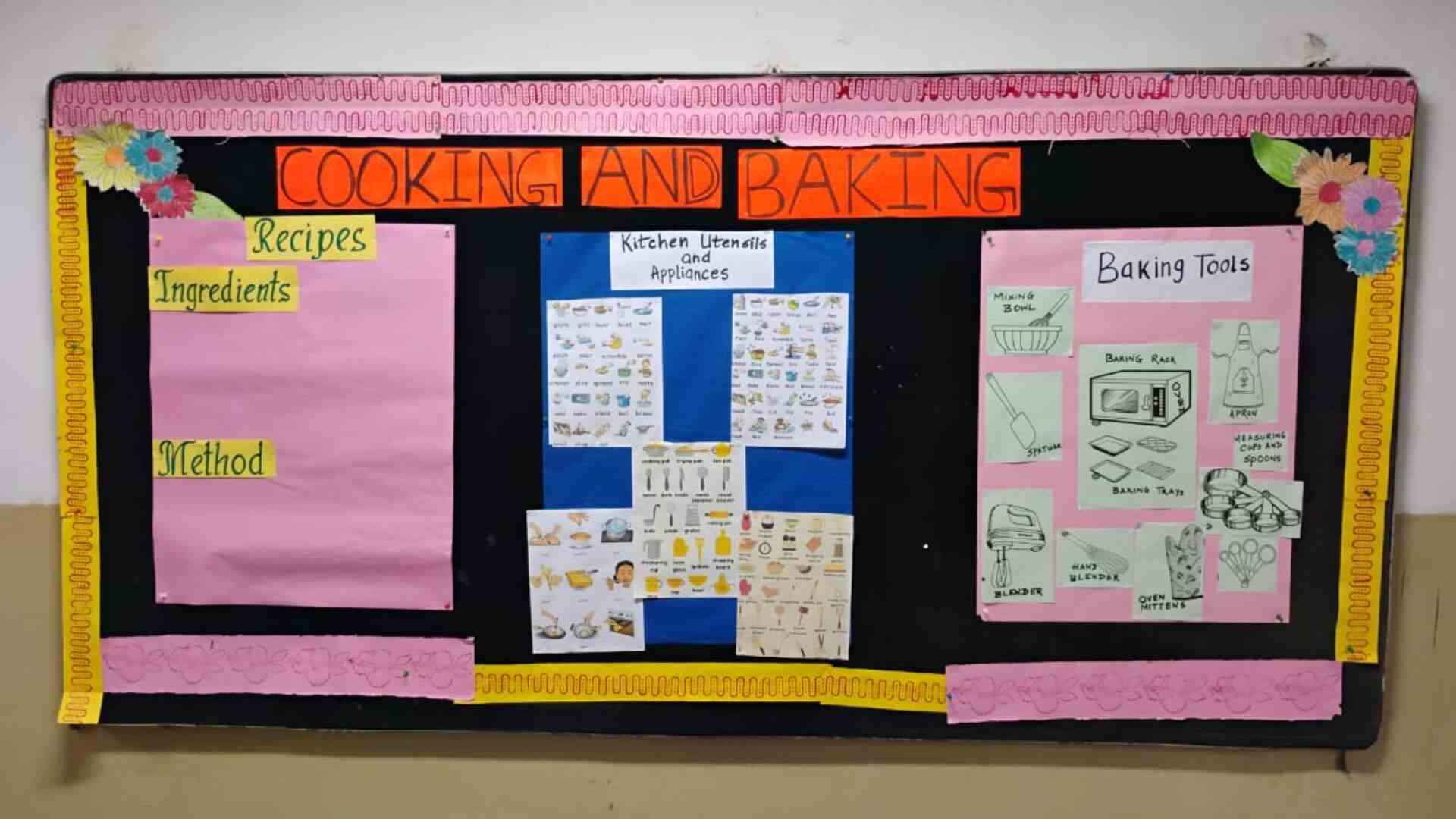
Highlighting the importance of social skills, Gupta added, “It is crucial for children with special needs to learn to work in a group with other children. Social skills are very important. Therefore, they not only learn together but also play and participate in various activities with their friends in mainstream classes. One shining example is participating in inter-school fest fashion shows -- the sheer joy it brings to the children to dress up, be the centre of attention, and win prizes is incredible!”
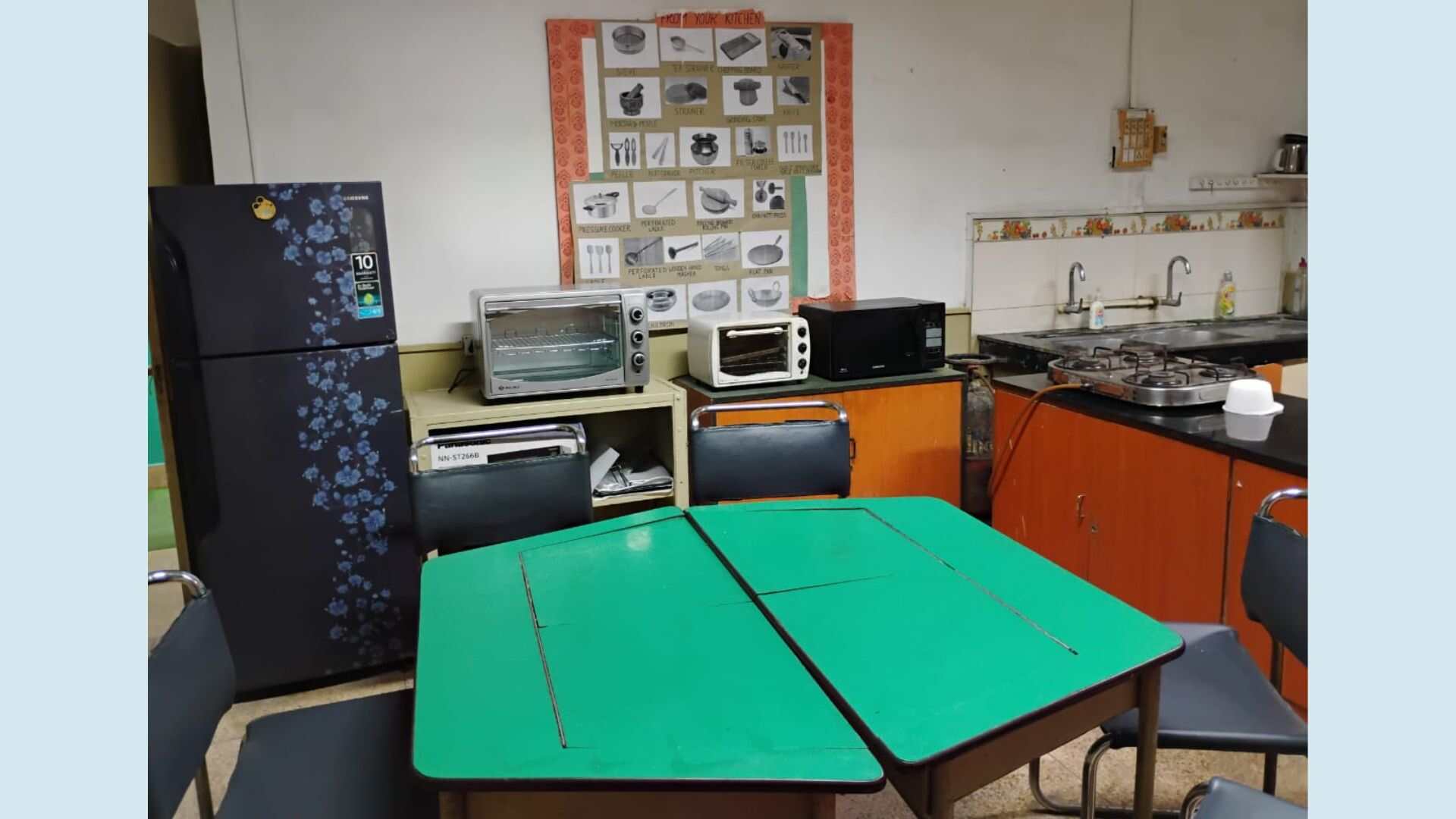
Chapter 7: Navigating the Emotional Landscape
Sheela Menon Mukherjee shared her experiences: “One of the most painful aspects is when differently-abled children are quickly judged for having limited abilities. A child might struggle with reading, writing, or spelling, but excel as an illustrator or dramatist – talents that are often overlooked by society. It is also disheartening when parents give up on their children, failing to recognise their unique qualities and focusing solely on academic marks. Our goal as Special Educators is to find and nurture these unique qualities, using our time to devise effective solutions for each child's challenges.”
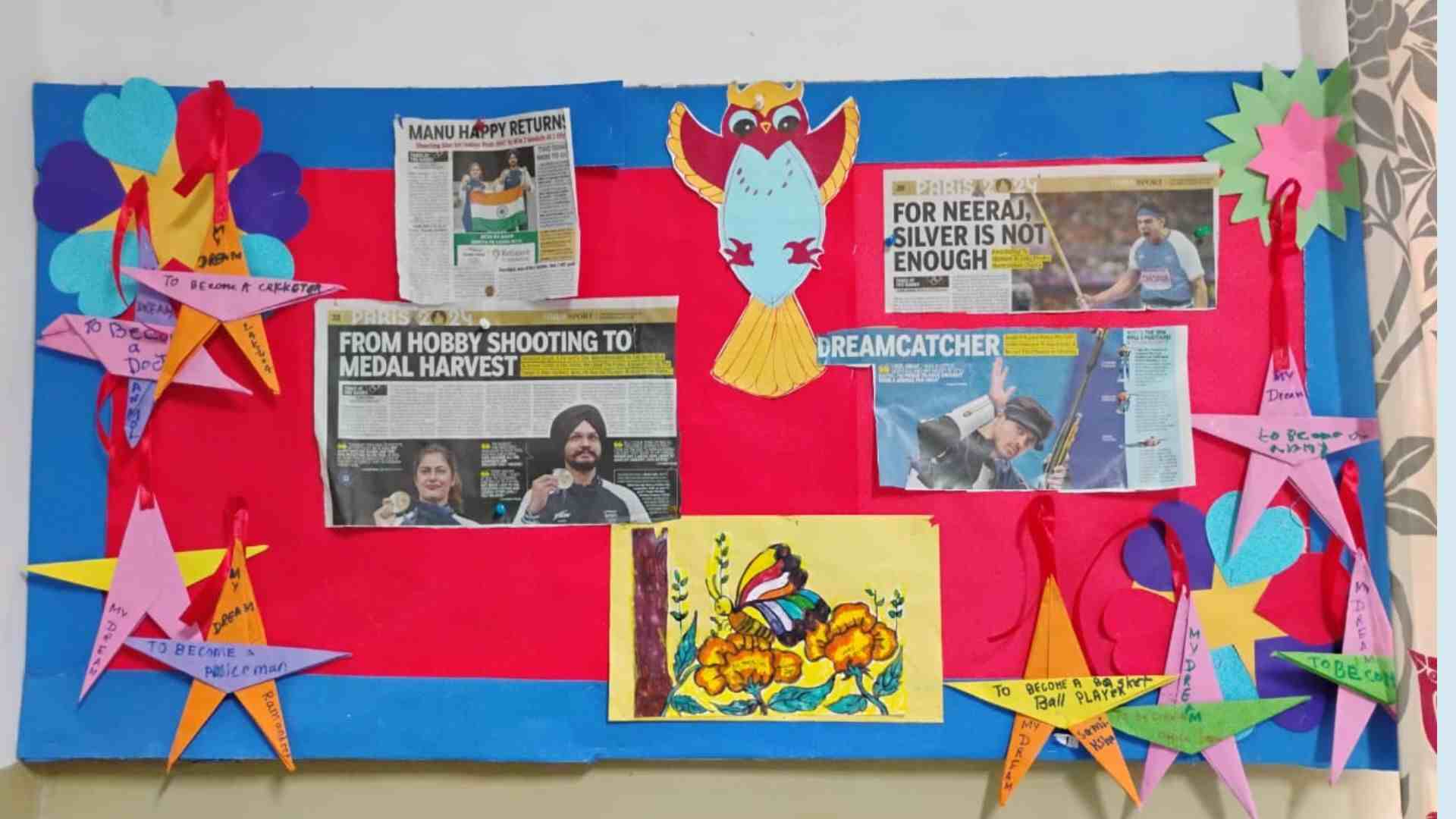
Chapter 8: The Heart of the Matter – Qualities of a Special Educator
Piyali Gupta emphasised, “Empathy is the most essential quality. Working with children with additional needs reveals the numerous challenges they face. Over time, it helps us, the Special Educators, become more empathetic and compassionate individuals. This quality enhances our ability to support and understand our students better.”
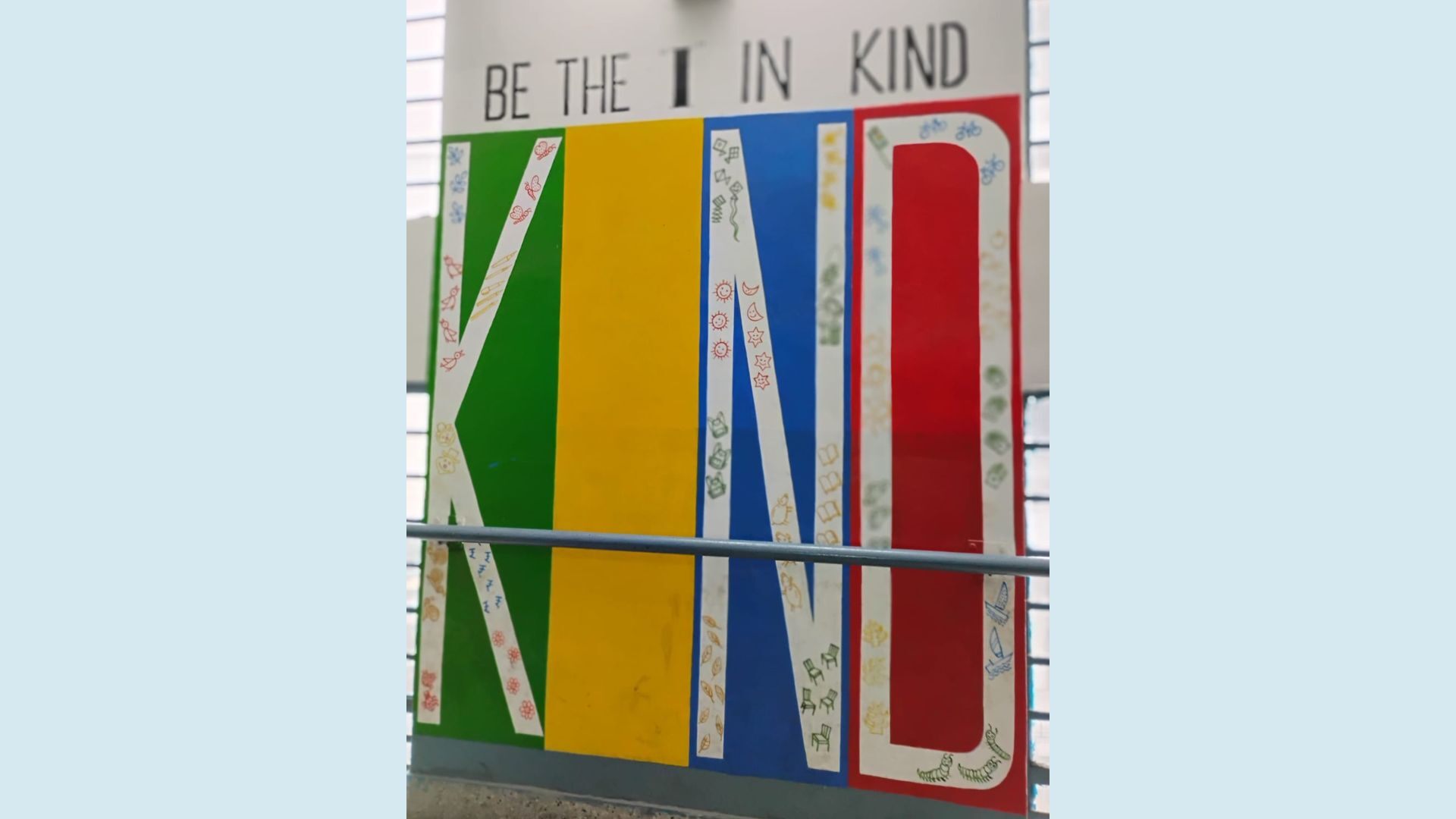
Chapter 9: Pursuing a Career in Special Education
Sheela Menon Mukherjee offered this advice: “Engage with children with special needs and get to know them personally. Each child is unique and all of them come together like a vibrant rainbow. While this field may not bring a lot of laurels or substantial financial rewards, the real reward is knowing that as a Special Educator one has made a significant difference in the lives of a few extraordinary children.”
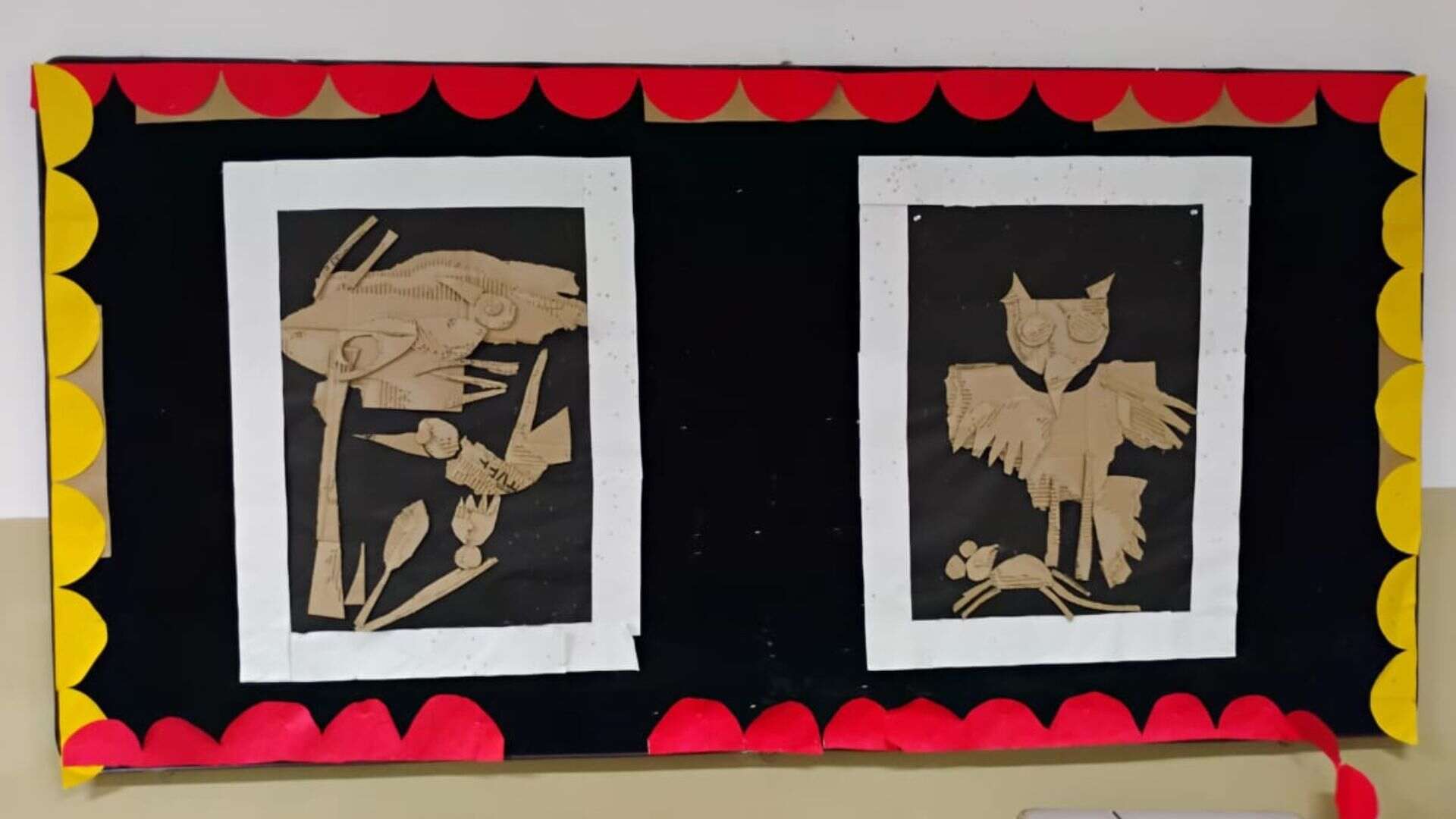
Chapter 10: The Closing Act
This Teacher’s Day, The Telegraph Online Edugraph celebrates the dedicated lives of Special Educators. Their careers are marked by experiences, challenges, and triumphs that often go unrecognised.
In a society that is increasingly focused on material gains and self-centred pursuits, these educators uphold the values of sensitivity, respect, empathy, and compassion. They teach us profound lessons about humanity, even as we stumble through different stages of our lives.
Happy Teacher’s Day to all the noble crusaders who continue to inspire and uplift us!